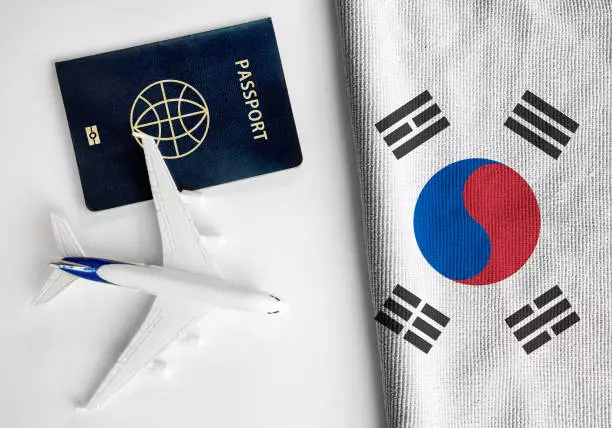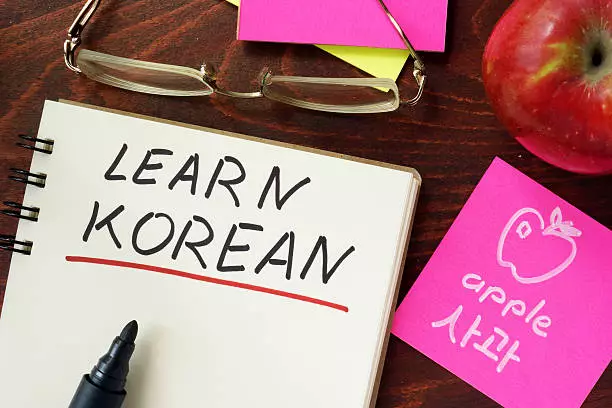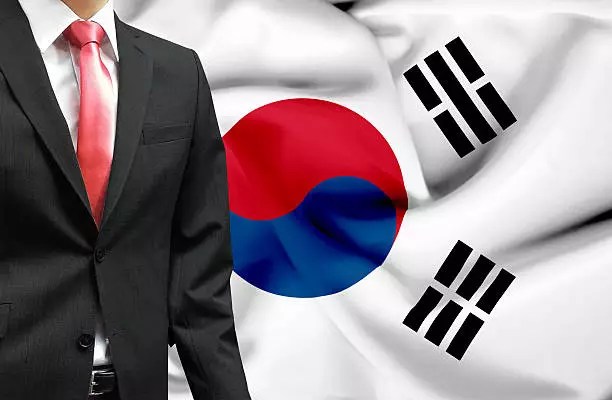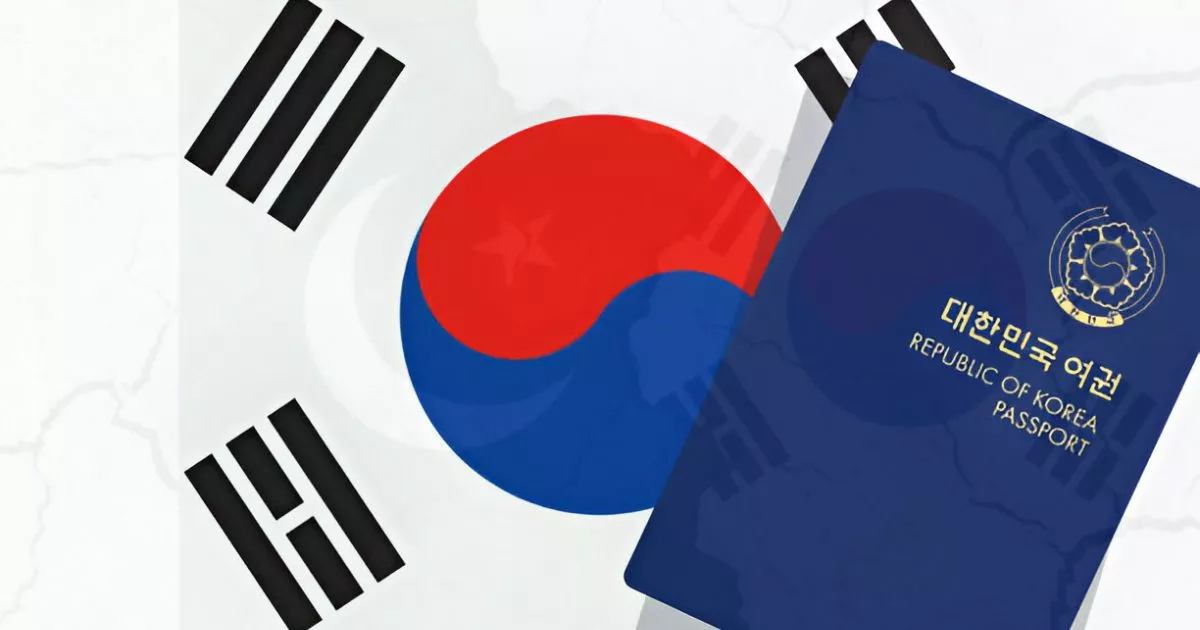If you dream of attending university in bustling cities like Seoul or Daegu you’ll need a South Korean study visa. Explore how you can get one with our straightforward application process guide.
South Korea is becoming a top choice for international students, with over 200,000 enjoying its rich culture, quality education, and affordable tuition fees. While the prospect is exciting, gaining entry into the country requires effort when getting a student visa. To simplify the process, we’ve created a step-by-step guide to help Pakistani students navigate the Korean student visa application.
Study In Korea For Pakistani Students Basic details
| Teaching Language | Korean and English |
| Top 10 Universities in South Korea | 1. Seoul National University 2. Korea Advanced Institute of Science and Technology 3. Pusan National University 4. Korea UniversitySung 5. kyunkwan University 6. Chonnam National University 7. Gwangju Institute of Science and Technology 8. Jeju National University 9. Kyung Hee University 10. Yonsei University |
| Course Program Duration | Higher Secondary Education for bachelors. A relevant Bachelor’s degree for a master’s. A relevant Master’s degree for a Ph.D degree. |
| Minimum Education Qualification | Academic qualifications in the past with a maximum of 60% grades, proficiency in language, and any additional requirements specified by the University. |
| Eligibility criteria | IELTS with a minimum of 5.5-6 bands required depending on the university. |
| Average fee cost | Bachelor’s: $1,600 to $10,800 per semester. Master’s: $1,100 to $10,000 per semester. |
| English Proficiency Test | No, but some universities may require |
| Entry test | $3,000 minimum in the last 3-6 months’ bank statement. |
| Scholarships | Yes, (available) |
| Part-Time job Work Hours | Students can work up to 20-25 hours per week. |
| After the study work permit | Yes, Students can apply for a work permit after graduating. |
| Embassy Location | Ramna 4 G-5/4, Diplomatic Enclave, Islamabad. |
| Bank statements Required | $3,000 minimum in the last 3-6 months bank statement. |
| Admission Processing | 4-6 weeks usually |
| Living Expenses | Around $1,000 per month on average. |
| Visa Processing Time | 5-10 days |
Admission requirements and documents list for Pakistani
For admission to South Korean universities, you’ll need to prepare certain documents. Here’s a list of what you’ll need:
- Valid passport and recent passport-sized photographs
- Academic records or transcripts from your previous education
- Passport or ID cards of your parents
- A filled-out application form
- Your CV (Curriculum Vitae)
- Korean or English language certificates
- A personal statement explaining your background and goals
- A bank statement to show financial support
- A recommendation letter from a teacher or employer
- For a master’s degree, you’ll need a bachelor’s transcript and work experience
- For a Ph.D. degree, you’ll need a master’s transcript and thesis.

Visa requirements and documents for Pakistani students
After admission to a South Korean university, the next step is visa processing. To get a visa, certain documents are necessary.
- Acceptance letter from the Korean university.
- Visa application form and fee (around 50 to 100 USD).
- Passport and a copy of the passport’s front page.
- Recent photographs of the applicant.
- National identity card.
- Invitation letter from NIIED, if required.
- Certification of English language proficiency.
- Tuberculosis Test Certificate.
- Bank statement showing a minimum balance of 3000 USD for the past 3-6 months.
The success rate for getting a South Korean study visa is between 80-90%.

Eligibility Criteria for a South Korean Study Visa
The first step is ensuring you complete the basic eligibility criteria to apply for a student visa in South Korea:
Academic Qualifications
You must have completed higher secondary education (12 years of schooling/college) to apply for an undergraduate degree program. For a master’s degree, you need to have completed a bachelor’s degree first. A master’s degree is required for PhD programs.
Language Proficiency
Most degree programs in South Korea are taught in either Korean or English. You will need to demonstrate proficiency in the language of instruction through an English or Korean language test. Common requirements are IELTS 5.5 or TOEFL 71 for undergraduate programs and IELTS 6.0 or TOEFL 79 for postgraduate degrees.
Proof of Financial Support
The Korean embassy will want proof you can financially support yourself during your studies. This usually means a bank statement showing a minimum balance of $3,000 or a scholarship/sponsorship letter.
Good Health & Character
You need to be in good physical and mental health with no criminal record to qualify for a student visa. This is verified through a medical check-up and police clearance certificate.

Choosing a University
With hundreds of universities to pick from, do thorough research to select the best program and institution matching your budget, interests, and qualifications. Some top options for Pakistani students include:
- Seoul National University
- Korea Advanced Institute of Science and Technology
- Pusan National University
- Korea University
- Sungkyunkwan University
- Chonnam National University
- Gwangju Institute of Science and Technology
- Jeju National University
- Kyung Hee University
- Yonsei University
Factors to consider include world rankings, program reputation, entry requirements, tuition fees, scholarships on offer, and quality of student life facilities. Reach out to university representatives for application guidance.
Applying for Admission
Once you’ve chosen your target university, apply for admission through its online portal or by contacting the international student office. The standard admission process involves:
- Completing the application form and paying fees
- Uploading required documents like transcripts, passport copies, language test scores
- Submitting a statement of purpose, reference letters, and portfolio (if needed)
- Waiting for the admission decision which takes 4-6 weeks on average
Be sure to apply well in advance, usually 6-12 months before your intended start date, To avoid long waits.
Getting a Letter of Admission
After securing admission, the university will issue you a Letter of Admission (LOA). This official document proves your student status to the immigration authorities.
It is mandatory to obtain a LOA before applying for a student visa. The LOA should clearly state your admission details like program name, start/end dates, and tuition fees.

Applying for a Student Visa
With the LOA in hand, you can now apply for a student visa at the Korean embassy/consulate in Pakistan. The basic steps are:
- Fill out the online visa application form and print
- Schedule a visa interview appointment
- Gather required documents like passport, photos, LOA, and financial documents
- Attend the interview and submit an application
- Wait to receive the decision, usually within 10 working days
The visa is granted for the initial duration of your degree program. You may need to extend it if your studies extend beyond the initial period.
How long does it take to get a visa approved?
The time it takes to get your visa application approved can vary a lot. Sometimes it only takes 2 weeks but in some cases, it may take 2 months. Most common things that can affect visa approval:
- Where you come from – Applications from some countries are quicker than others.
- Problems with your application – If everything is filled out correctly and there are no issues, it will be faster.
- When you apply – January to March and June to August are the busiest times of the year. During these months applications take a little longer.
Preparing for Departure
Once your visa is approved, prepare for your big move to Korea. Key things to arrange include:
- Booking your flight tickets
- Informing your university of arrival details
- Getting health and travel insurance
- Packing your bags within the baggage allowance
- Withdrawing sufficient cash/credit for initial expenses
- Familiarizing yourself with Korean culture and language basics
This marks the end of the pre-departure phase. Exciting new experiences await you in South Korea!
Cost of Studying in Korea
One of the major attractions of Korean education is its affordability compared to Western countries. Here are some estimated costs to budget for:
Application fees
Both the D-2 and D-4 visas require an application fee of around USD 50 to USD 100. The duration of your stay influences the fee, with longer stays incurring higher costs. Additionally, multiple-entry visas, permitting multiple entries into Korea, are the most expensive. Fees may fluctuate based on your nationality. Curious about other expenses while studying in the country? Check out our guide on the cost of living in South Korea for international students.
Tuition Fees
Undergraduate programs cost $1,600 – $10,800 per semester on average.
Master’s degrees are $1,100 – $10,000 per semester typically.
Part-time Work & Scholarships
To reduce the financial burden, Pakistani students have two main options in Korea:
Part-time Work
International students can work part-time for up to 20-25 hours per week. Popular jobs include teaching, tutoring, customer service, and more. This can earn $7-15 per hour on average.
Scholarships
The Korean government and universities offer various merit and need-based scholarships. The top options are the Korean Government Scholarship (KGS) and university-specific awards. These may provide full or partial tuition fee waivers plus monthly stipends.
Scholarships are highly competitive but worth applying for to lower your education costs significantly in Korea.
Career Prospects Post-graduation
Completing higher education in Korea has great career potential both within Korea and globally:
- Recent graduates can work in Korea for 1-2 years through the post-study work permit program.
- Korean degrees are highly respected worldwide, opening global job opportunities.
- Practical job skills and cultural exposure gained give graduates a competitive edge.
- Possibility of pursuing entrepreneurial ventures by starting a business in Korea.
- Option to work for multinational companies with operations across Asia.
Frequently Asked Questions
-
How do I open a bank account in Korea as an international student?
You can open a normal non-resident bank account after arriving in Korea by visiting a bank branch with your passport and ARC (alien registration card).
-
Is health insurance compulsory for international students?
Yes, all students are required to enroll in the National Health Insurance Program which costs around $50-80 per month.
-
Can family members like parents or spouses accompany me?
Only spouses and minor children can apply for a dependent visa. Parents are not eligible to accompany international students to Korea.
-
How difficult is it to learn the Korean language?
Korean has a relatively simple alphabet but complex grammar rules. With regular practice and immersion, most students gain basic conversational skills within 6-12 months and can continue improving over time.
-
What documents do I need to extend my student visa?
You need your passport, ARC, proof of enrollment, and financial documents to extend your student visa 1-3 months before the current one expires.


